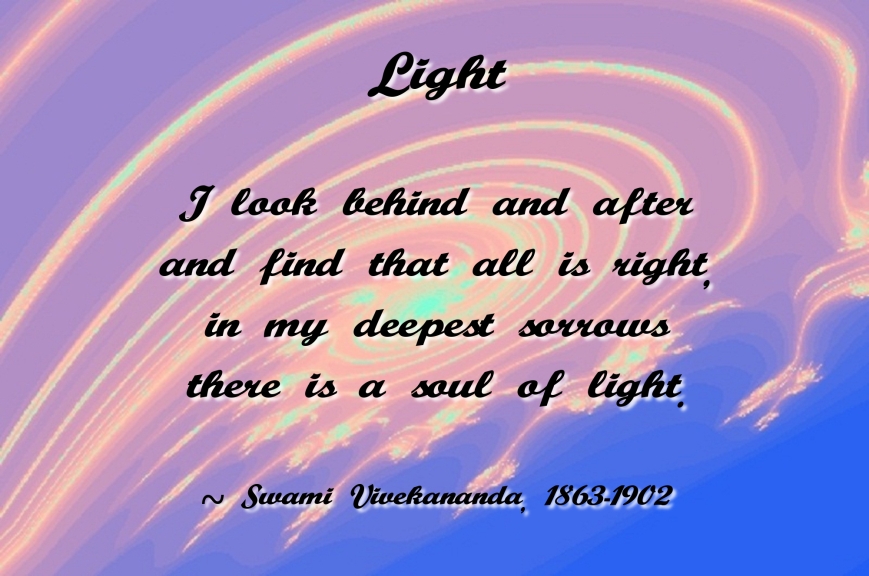The Bipolar-Pain Connection
According to recent research, about 14% of people with bipolar disorder experience migraines and another 24% experience some other form of chronic pain. That’s almost a third of people with bipolar disorder who are in some sort of serious pain!

In particular, migraines affect 1 in 7 persons with bipolar disorder, which is 3 times more likely than the general population. I’ve been living with chronic migraine for ten years now. Some days I feel like it’s a death sentence. Some days I wish that sentence was carried out. My doctors are still trying to figure out a way to decrease the frequency of my 8 to 12 migraines per month. Apparently, “bipolar disorder and migraines are multifactorial in etiology—there appear to be vascular, cellular, molecular, neurochemical (serotonergic and noradrenergic), and genetic (KIAA0564) components in common between bipolar disorder and migraine conditions.”
Pain and Mental Illness’s Affect on One Another
In general, people with mental illness who experience chronic pain tend to have worsening symptoms of their illness. Often doctors do not take seriously the complaints of physical pain from those individuals who have mental illness. A lot of times people with mental illness have increased sensitivity to pain because they are experiencing depression. Also, because they are experiencing symptoms of mental illness, many times people with mental conditions do not seek the medical care they need to address their physical pain. This leads to greater functional impairments, poorer quality of life, increased disability, and increased risk of suicide compared to those without pain.
Treatments that Address Pain and Mental Illness
Sometimes tricyclic antidepressants or other select antidepressants can be used to help minimize physical pain symptoms as well as address depression symptoms in some patients. Care needs to be taken in patients with bipolar disorder, however, due to the increased risk of triggering a manic episode in those who take antidepressants alone. Often times, a mood stabilizer will be used in conjunction with the antidepressant in these patients.
This is exactly the treatment I am currently receiving under the care of my physician. I am excited to see if it will decrease the frequency of my migraines while addressing my depression and anxiety symptoms at the same time.
Non-pharmaceutical treatments for physical pain and some mental illness symptoms can include things such as meditation, yoga, exercise, prayer, talk therapy, and diet modifications.
Work with your doctor to figure out what may be the best course of action for you. The most important thing is to not give up hope and to never give up trying to find a way out.









